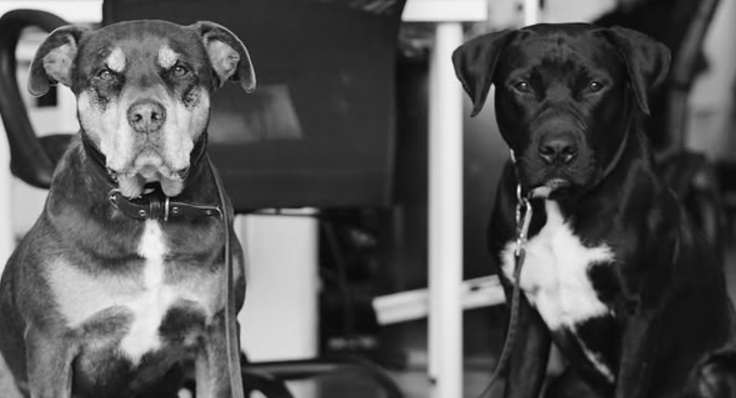
NFL legend Tom Brady has stunned fans by revealing that his family's new dog, Junie, is a clone of his late pit bull mix, Lua, who died in December 2023.
The revelation has sparked equal parts fascination and outrage, as people question how the seven-time Super Bowl champion pulled off such a sci-fi-like feat — and how much it set him back.
How Tom Brady Cloned His Dog
Brady confirmed that the cloning was carried out by Colossal Biosciences, a Texas-based biotechnology firm known for its work on gene-editing and de-extinction research. The athlete, who is also an investor in the company, shared that cloning Junie was a deeply personal decision driven by his family's attachment to Lua.
According to People, Brady's collaboration with Colossal involved using technology developed by Viagen Pets & Equine, a company recently acquired by Colossal that specialises in cloning domestic animals.
The process began before Lua's death when scientists collected and preserved a blood sample from the dog to extract viable DNA.
Brady said: 'I love my animals. They mean the world to me and my family. A few years ago, I worked with Colossal and leveraged their non-invasive cloning technology through a simple blood draw of our family's elderly dog before she passed.'
The NFL legend also shared that the company 'gave my family a second chance with a clone of our beloved dog' and that he is looking forward to the company helping more families and saving endangered species.
Experts note that while Junie shares the same genetic structure as Lua, cloning does not replicate personality or memories, since behaviour and temperament are influenced by environment and upbringing.
How Much It Cost to Clone Lua
According to The Guardian, cloning a dog through Viagen typically costs between$50,000 and $85,000, or approximately £38,000 to £65,000. The high price reflects the complexity of the scientific process, which requires specialised equipment, skilled embryologists and surrogate care.
This places dog cloning firmly in the luxury biotech market, accessible mainly to wealthy individuals and celebrities. Viagen has previously provided cloning services for public figures such as Barbra Streisand.
While critics argue that the practice commercialises grief, supporters view it as an advancement in biotechnology that allows families to preserve a genetic connection with pets they have lost.
The Science Behind the Clone
According to the standard technique used in commercial pet-cloning, known as somatic cell nuclear transfer (SCNT), scientists take a somatic cell from the donor animal, transfer its nucleus into an egg cell whose nucleus has been removed, stimulate it to develop into an embryo and implant it into a surrogate mother.
The cloned pet is genetically identical to the donor but its behaviour and appearance may differ because of environmental factors and developmental variation.
While the company behind the cloning of Tom Brady's dog has not published a detailed step-by-step account specific to this case, media coverage indicates a process consistent with SCNT.
Meanwhile, Colossal Biosciences has stated that it aims to use similar genetic technologies not only for pet cloning but also to aid conservation and revive extinct species. The company's high-profile backers, including Brady, have helped draw attention to how biotechnology is moving from research laboratories into mainstream commercial use.







